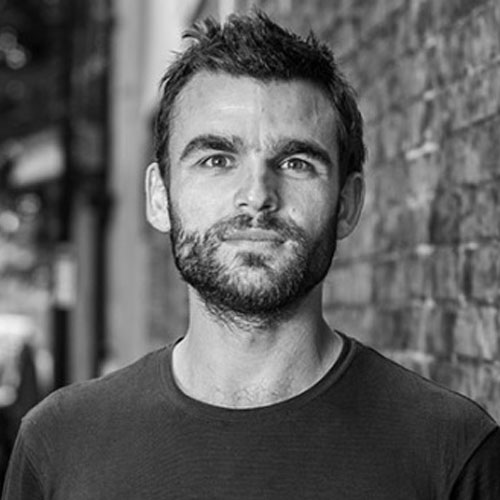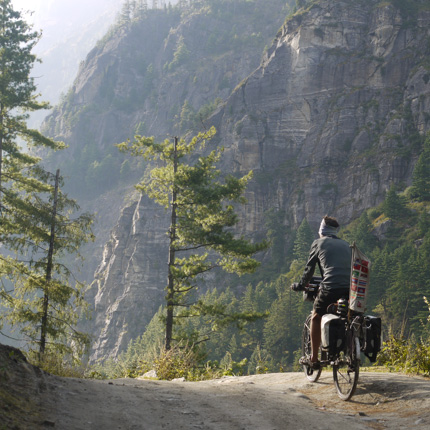COP27 in the Egyptian resort city of Sharm El-Sheikh has begun. Environmentalists around the world are watching for new announcements, progress on climate action, and in the UK – among other events – Ride The Change recently cycled across the country in solidarity with the idea of a future planet fit for human habitation.








